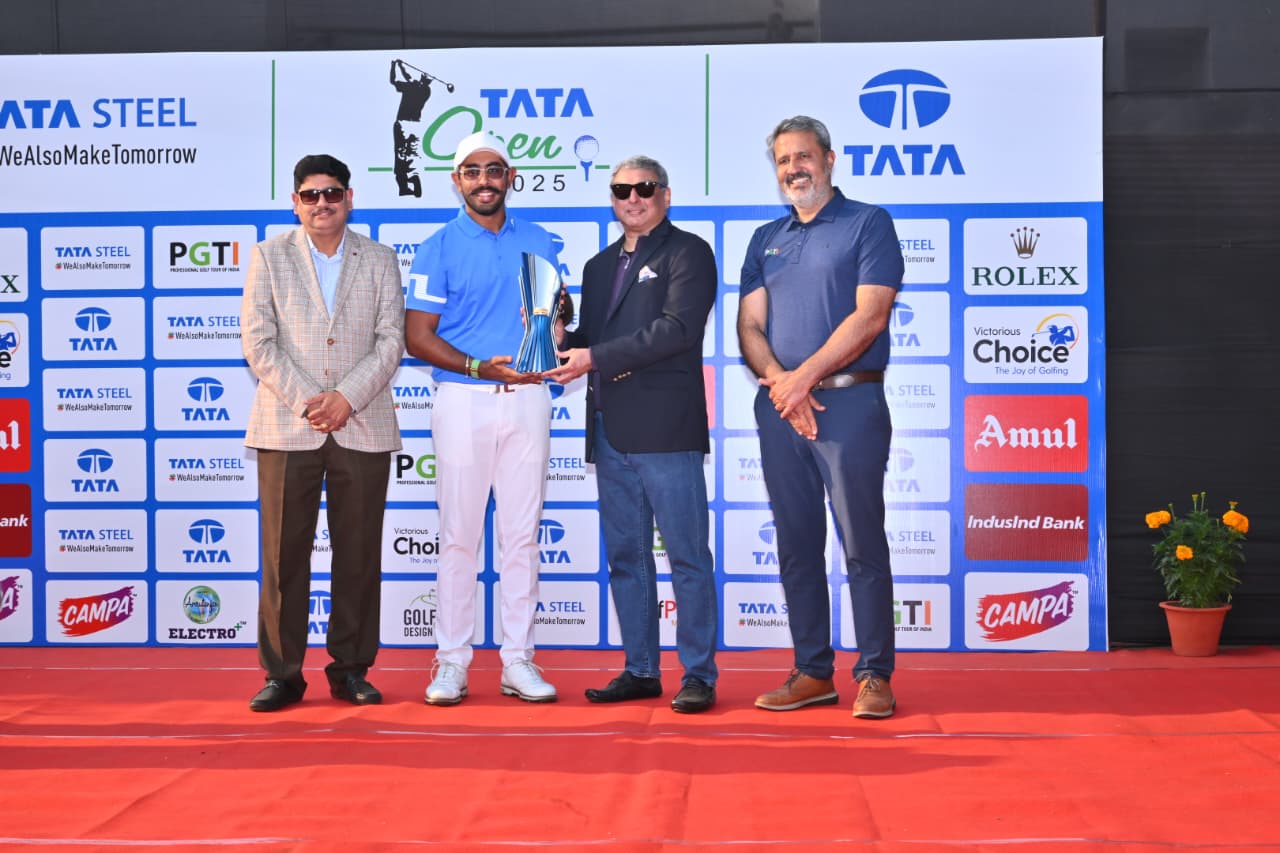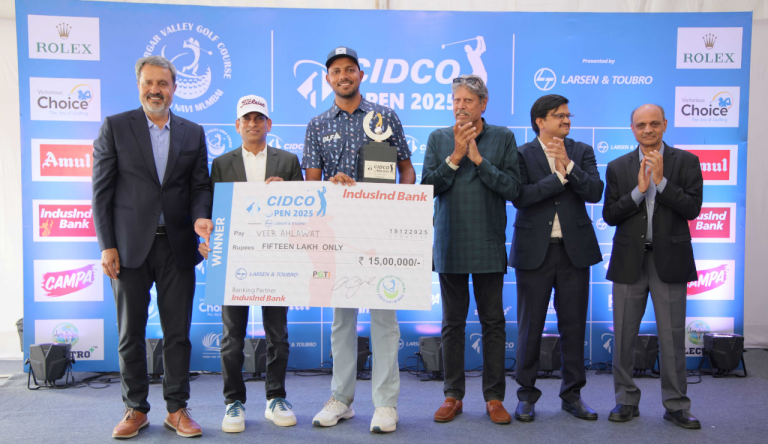Golf & Environment
India Golf Weekly firmly believes that golf courses must step up efforts to improve sustainability by following best practices in water conservation and use of organic fertilisers and pesticides. The R&A of St Andrews held a one day seminar at the 2018 India Golf & Turf Expo in Bangalore, attended by over 200 golf industry professionals, with the sole purpose of discussing sustainability.
The 18-hole Kodaikanal Golf Club, a two hour drive south of Coimbatore, in TamilNadu, is a shining model of sustainability – perhaps the biggest existential challenge facing golf in India. Credit for this innovation and leadership must be given to the well known CEO, 69-year-old GS Mani, a pioneer in sustainable golf course maintenance.
Mani first learned about biodynamic agriculture from the (Dr Rudolf) Steiner school under Peter Proctor which shows that biodynamic form enhances the micronutrient levels of the soil. He thereafter started implementing biodynamic practices on the course in 2004.
With organic practices, water usage falls considerably, and the water bodies remain fresh. The club currently provides close to 50,000 litres of water a day to the Municipality for free distribution during a water shortage.
The course uses biomass such as leaves and grass and as compost and cow manure with crushed eggshells and basalt dust as a growth nutrient. The pesticide control maintenance team sprays Panchagavya, a mix of five direct and derived cow products, namely dung, urine, milk, curd, and ghee. Only 20 people are employed in maintenance, probably the lowest number at any 18 hole championship length golf course in India, enhancing the sustainability of the golf course.
The club, which was established in 1895, created a 9,000 square feet nursery beside the clubhouse where they grow their own Kentucky bluegrass to cater to the greens.
Mani believes organic practices can be followed in courses across the country which will help reduce costs and improve sustainability of the game in our country where water scarcity and groundwater contamination with chemical pesticides are already major issues in many cities where golf is played.
Based on a story published on The News Minute
[ajax_load_more post_type=”post” category=”features,latest-news”]


















